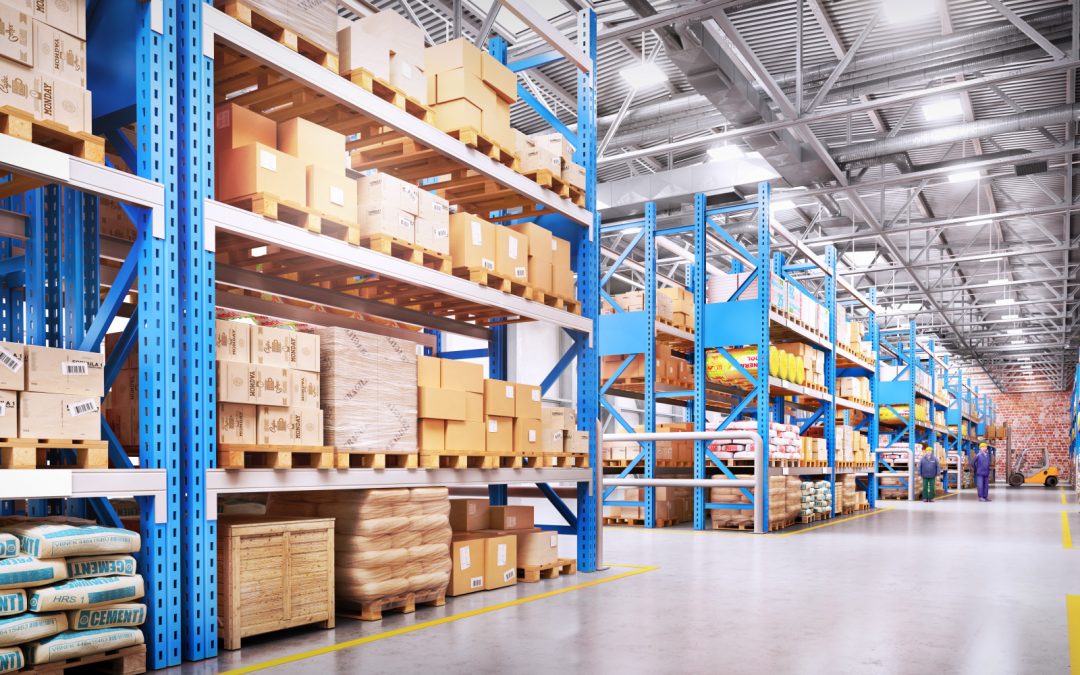Warehouse use is increasing rapidly, and has been for several years now. It’s estimated that 4 years for now, another billion square feet of warehouse floor to store everything that needs to be shipped out.
To put that in perspective, one billion square feet is more than half the size of Washington DC. Anybody with a warehouse who plans to expand is definitely in the right business.
A lot goes into owning a warehouse, though, from what companies you’re working with to how you organize your space, to how your building is even designed.
Deciding on a warehouse floor is an important part of the process, and we’ll go over some types of floor in this article.
Epoxy Resins
Epoxy resins are a type of plastic that is often used in architecture. It’s often used in factory and warehouse floors due to it’s durability.
It’s not uncommon for factories and warehouses to handle dangerous and destructive chemicals. Many types of plastic are resistant to various chemicals, including some acids.
An epoxy floor is also easy to install and doesn’t require a lot of maintenance. This can increase job safety and lower stress among workers.
They also have their fair share of drawbacks, though. While epoxy resins are easy to install and maintain, they can also be quite expensive.
Not only that, but they need to have finish applied to them. Otherwise, ultraviolet light can damage them.
Polyurea
Polyurea is another type of plastic, similar to epoxy. The biggest difference is that Polyurea is a lot stronger.
Much like epoxy, polyurea is resistant to many chemicals, and deals with physical force just as well. However, polyurea is also far less susceptible to UV damage.
The bad news is that this comes at a cost. Because polyurea is such a high-quality material, it’s also a lot more expensive to buy and install. It’s also more difficult to install and often requires a professional.
Concrete
The most affordable type of warehouse flooring is concrete. It’s also the most vulnerable to damage.
When deciding on flooring for a warehouse, it’s important to consider what kinds of products you’re moving and how often. If you’re not dealing with food or chemicals, concrete is a fine choice.
Concrete does have a tendency to wear down faster than other types of flooring, but it’s not hard to replace, so this shouldn’t be an issue in the long run.
The Best Materials for a Warehouse Floor
It can be difficult to decide on the right material for a warehouse floor. Each material has its own advantages and disadvantages, and they’re often suited for different settings.
We’ve talked about the most common materials for warehouse floors in this article, but there are other options out there. There’s also the question of what the flooring is for. A lot of people like to refloor their garage sometimes, and that’s a very different situation than a warehouse.
If you want to know more about flooring please visit our site. Feel free to contact us with any questions you have.
